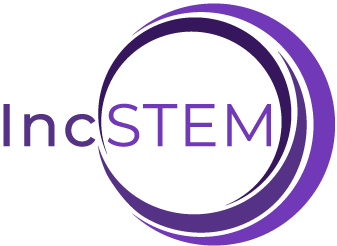Project team: Kate Lister, Anne-Marie Gallen, Elaine McPherson and Chetz Colwell
The language work package built on a previous research project that identified disparities between the language institutions use to communicate with students about disability-related study needs and the language that students prefer and identify with (Lister & Coughlan, 2018). For example, many students expressed discomfort at being required to identify as ‘disabled’ in order to access support, preferring to identify as having study needs or requirements. This can mean that students choose not to ‘disclose’ their disability and so are unable to access the support needed to help them study effectively.
This work package iteratively developed and tested three guides: a student-facing staff guide on adopting inclusive language to encourage students to feel more comfortable to ‘disclose a disability’ and discuss their study needs; a guide for researchers and policy-makers on how they could investigate language preferences in their own context; and a guide for students on the language universities use around disability and how they can engage with, and influence, the language employed in discussing disability.
These guides, available in print and online, are being used to support staff and students to be more inclusive with student-led approaches to language, communication and support. The guide for students will also be a featured resource on the OU Students’ Association (OUSA) website.
References
Lister, K. and Coughlan, T. (2018) Student perceptions of the language of disability, deficit and empowerment. In: Proceedings of the fifth Widening Participation Conference, The Open University, Milton Keynes. Available online at: http://oro.open.ac.uk/58832/3/58832.pdf.
Resources
- An inclusive language guide for university staff supporting students
- A ‘how to’ guide for researchers and policy makers exploring students’ language preferences
- An introductory guide for students engaging with universities when disclosing disabilities and discussing their study requirements


